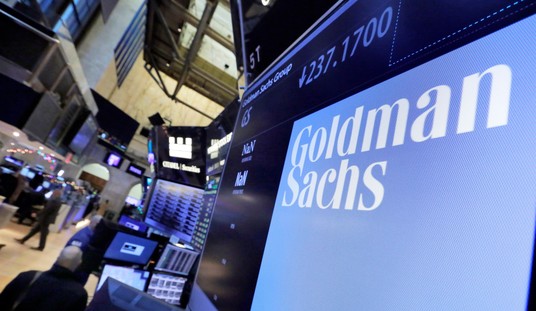After years of negotiations, the EU has reached a new agreement on how to handle migrants and asylum-seekers. The goal was to get this done before elections next summer. Several EU nations have elected right-wing governments at least partly in response to concerns about immigration.
After overnight talks, visibly exhausted EU lawmakers emerged expressing relief that agreement was found “on the core political elements” of the Pact on Asylum and Migration — a major overhaul of rules that many hope will address the challenges posed by migrant arrivals over the last decade.
“It’s truly a historic day,” said European Parliament President Roberta Metsola, flanked by lawmakers responsible for the key parts of the agreement. With migration likely to be a hot campaign issue ahead of EU elections next June, Metsola said, it was vital to make a breakthrough.
So what will the new pact actually do? It sets up a system where everyone is forced to share responsibility for arriving migrants instead of leaving it to the countries where the migrants arrive (frequently Italy).
The laws cover screening irregular migrants when they arrive in the European Union, procedures for handling asylum applications, rules on determining which EU country is responsible for handling applications and ways to handle crises…
Under the new system, countries not at the border will have to choose between accepting their share of 30,000 asylum applicants or paying at least 20,000 euros ($21,870) per person into an EU fund.
The screening system envisaged will seek to distinguish between those in need of international protection and others who are not.
People whose asylum applications have a low chance of success, such as those from India, Tunisia or Turkey, can be prevented from entering the EU and detained at the border, as can people seen as representing a threat to security.
Naturally, progressives are unhappy with the plan.
Human rights organizations roundly criticized the pact, saying it tramples on a number of fundamental rights, including by forcing asylum seekers as young as six years old to provide biometric data. The rights groups also decried the decision to put more E.U. money into reinforcing borders with drones and cameras instead of toward saving lives.
“This agreement will set back European asylum law for decades to come,” Eve Geddie, the director of Amnesty International’s European institutions office, said on Wednesday. “Its likely outcome is a surge in suffering on every step of a person’s journey to seek asylum.”
All of this is being driven by two factors, one practical and the other political. First, there has been an increase in the number of migrants arriving this year. The numbers are still well below the 1 million who arrived back in 2015 but they are rising fast. Second, the growing concern in various countries that what happened in recent elections in Italy and the Netherlands could happen across the EU unless some concessions were made.
During the first 11 months of 2023, the continent saw a 17 percent jump in irregular arrivals compared with the same period a year earlier. The more than 355,000 arrivals amounted to the highest number since 2016, when the region experienced a historic influx led by refugees fleeing the Syrian civil war…
Migration is also dominating the political agenda in Germany, where asylum applications are up significantly and local governments are feeling the strain of caring for large numbers of newcomers.
German Chancellor Olaf Scholz, who has vowed to take a tougher line, faces growing pressure from the right. Support for the far-right, anti-immigration Alternative for Germany (AfD) is on the rise, with the party expected to perform well in regional elections in 2024 and currently polling well nationally.
There was a case in point regarding how immigration is emboldening the right just today in France. Only a few hours prior to the EU agreement, the French Parliament passed a bill toughening the country’s immigration. A previous draft of the bill had been rejected as not tough enough.
The amended bill was backed by both President Emmanuel Macron’s centrist Renaissance party and Marine Le Pen’s far-right National Rally (RN)…
The new legislation makes it more difficult for migrants to bring family members to France and delays their access to welfare benefits.
It also bans detaining minors in detention centres.
A controversial provision discriminates between citizens and migrants, even those living in the country legally, in determining eligibility for benefits…
Le Pen declared the bill a victory and Macron’s allies on the left accused him of abandoning his principles.
“We can rejoice in ideological progress, an ideological victory even for the National Rally, since this is now enshrined into law as a national priority,” said Le Pen, a three-time presidential candidate who leads the RN’s lawmakers in parliament and is widely expected to stand again for president in 2027.
The RN had previously said it would vote against the bill or abstain. French media dubbed her surprise move a “kiss of death” for Macron’s party…
A key element of the law is that social security benefits for foreigners will now be conditioned on five years of presence in France, or 30 months for those who have jobs…
It is “the most regressive bill of the past 40 years for the rights and living conditions of foreigners, including those who have long been in France,” around 50 groups including the French Human Rights League said in a joint statement.
Both the French bill and the EU pact are a sign that immigration is going to continue to be a major issue in 2024.








Join the conversation as a VIP Member